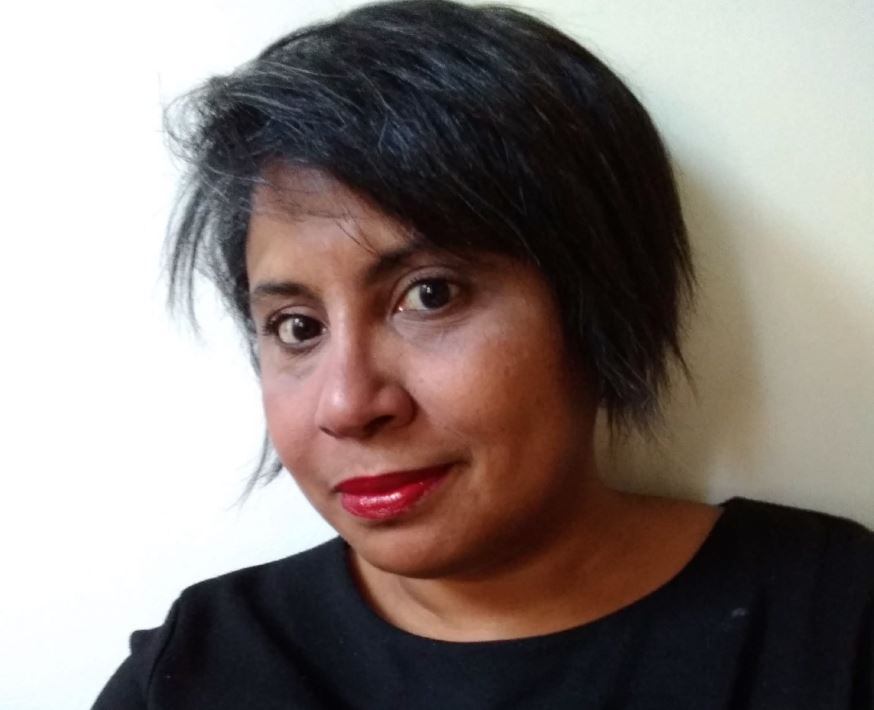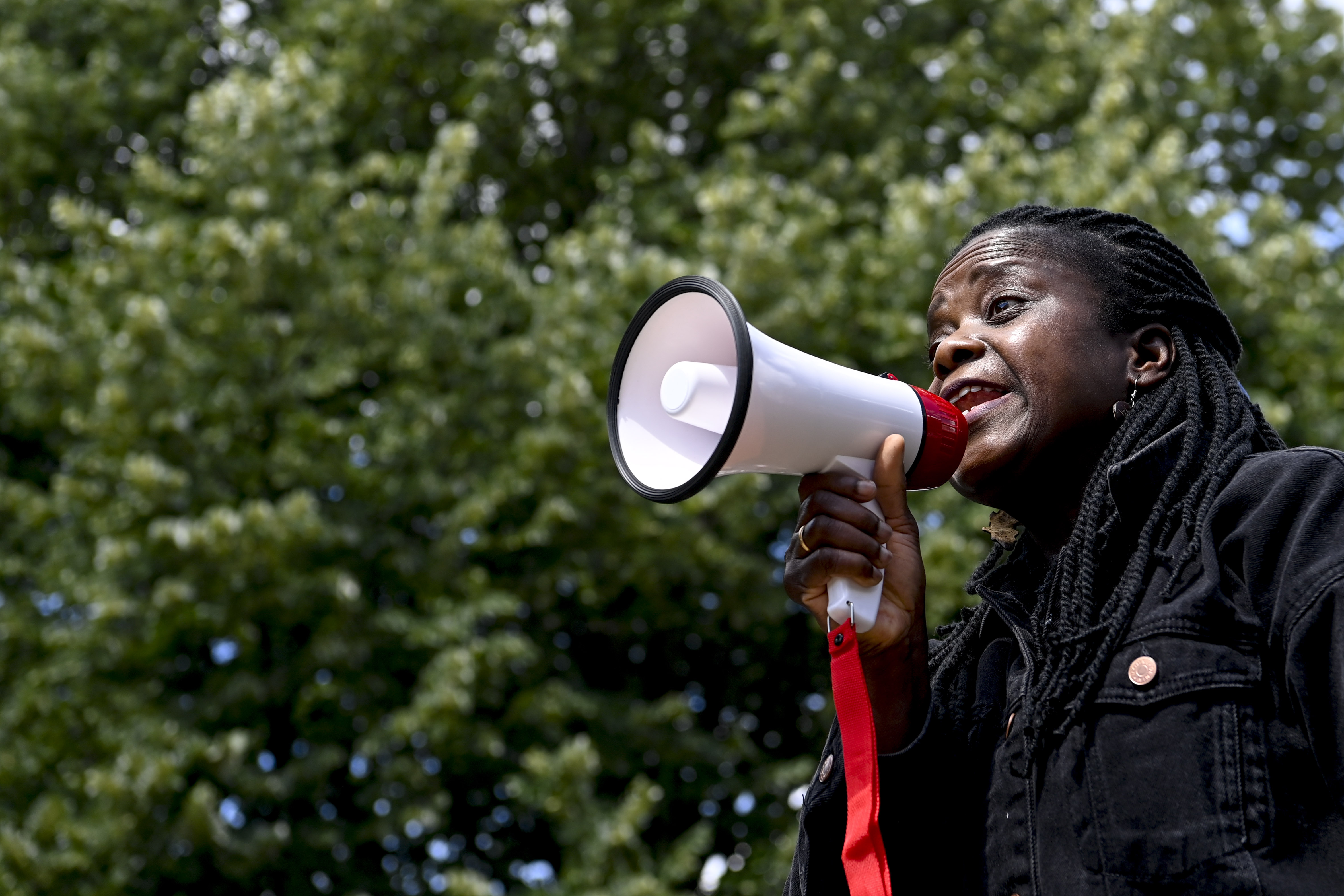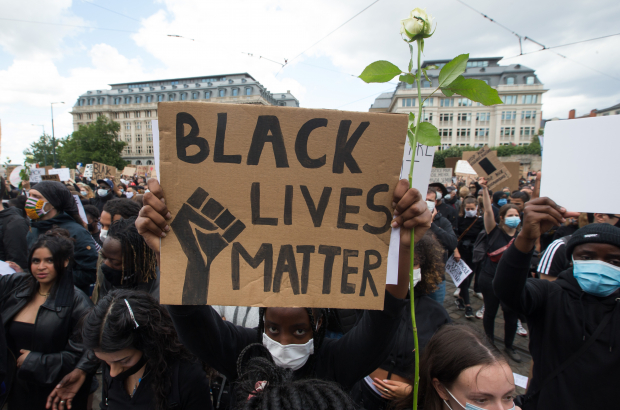- Daily & Weekly newsletters
- Buy & download The Bulletin
- Comment on our articles
Racial discrimination in Belgium: ‘This is a window of opportunity’
Listen to this article:
How does racial discrimination impact your life if you’re a person of colour living in Belgium?
That’s the thing; it goes from the individual towards the structural level. So, first, there’s the daily racism: if you are a racialised minority, you will be seen as a person who doesn’t belong here, who isn’t part of Belgian history – even if you were born and raised here. It can also manifest as hate speech and hate crimes.
But it will also be structural: it’s going to be difficult for you as a person of colour with a different-sounding name to rent an apartment or to get a loan from the bank sometimes. Sometimes, it is even difficult to access the labour market because you sound different from the traditional average Belgian person. And if you are someone who wears a hijab, it’s probably going to be difficult to even get through education [because of bans on religious head coverings in schools].
Are there factors that can make the discrimination worse? Are certain people of colour more vulnerable to racial discrimination than others?
I think what changes is the manifestation. Racism manifests differently based on where you are and if you are the only person of colour or part of a big community. So, sometimes it’s going to be more verbal manifestations of racism; sometimes it will be more subtle; sometimes it will be physical attacks or bullying in a school context.

What should Belgium’s government do to tackle this problem? What policies do you advocate for to address racial discrimination in Belgium?
The solution not only in Belgium but across Europe would be to develop a national action plan against racism that has an intersectional approach in two ways. First, it needs to take into account the intersection of race with gender expression and sexual orientation, age and socioeconomic status. Second, it also needs to cover the individual, structural, institutional and historical dimensions of racism.
But we already have strong anti-discrimination legislation at both the EU and Belgian level. Why do we need yet another law?
All the existing legislation in Europe and also in Belgium focuses only on the individual level of racism, so how individuals discriminate against each other. Everything structural – for instance, discrimination in the labour market, or Zwarte Piet – and everything institutional, for instance, police brutality, is not covered by these frameworks.
What would you say the significance of the Black Lives Matter protests in Belgium has been? Has it changed how Belgians think about racial discrimination and racism?
First of all, there has never been a time or period in history where we could talk as much about racism and solutions against racism as now and we need to applaud that. Although, for a person of colour, it’s quite surprising that people only understood that racism exists after [the death of] George Floyd. But this is a pivotal moment in history, so we can only be thankful for this opportunity.

Of course, Black Lives Matter goes beyond the issue of racism; it’s also about police brutality and institutional racism. I think [the protests] were a wake-up call for Belgians because we also have had our George Floyds in Belgium before and after Covid-19. So, it was a way to raise more awareness about this other dimension of racism that is structural and institutional, as well as about the accountability of the state vis-à-vis police violence.
We’ve also never seen such positive media coverage before. Usually, coverage [of anti-racism protests] would be negative and pejorative. For the first time, you saw a deeper reflection about racism and more questioning. What is wrong? What is our responsibility here? What is our privilege?
What is the present-day legacy of Belgium’s colonial history? Does it really continue to have an impact today?
I think it manifests in a form of denial first – so people do not talk about it – and in the way that history is told, so it’s portrayed as something romantic. But it is not a beautiful history; it’s a history of brutality; it’s a history of pain. I think Belgium’s colonial history has shaped the Belgian imagination, and how they understand identities and different cultures and different perspectives. A good example of that would again be Zwarte Piet because it shows how racism begins at an early age and you take this racism with you if you’re born in Belgium or the Netherlands. The lack of space to talk about this issue in schools and the lack of support from society as a whole just shows that this denial still impacts people every day.
How do we compare to other EU countries when it comes to racial discrimination?
That’s the thing people always want to know: which is the most racist country in Europe? But that’s very difficult to say because there are different manifestations of racism. But in terms of Islamophobia towards women, I would say it’s one of the most racist countries. In terms of housing discrimination, it’s one of the countries where people feel discriminated against the most. The same thing goes for [access to] the labour market. The level of hate and defamatory speech – for instance, by politicians like Theo Francken – is also incredibly high for a country considered to be the heart of Europe.
Are you hopeful or pessimistic for the future?
I would say optimistic. Because although it’s not covered much by the press, a lot of advances have been made when it comes to the upcoming interfederal action plan against racism. The level of involvement of civil society and people affected by discrimination [in the development of this plan] is also encouraging. Politics is not only the people who are elected, but also the people who work at the executive level to make sure that the core elements of democracy and human rights are protected. And I’m quite confident that the people working on this will plan will try to maintain all the safeguards and measures possible so we can have a progressive plan.

Also, as anti-racists, we always have asked for more policies, more plans, more money. And Belgium is going with this trend and so is the European Union, which has announced a new framework on anti-racism. It might not be perfect, but it’s a good start.
This article is part of The Bulletin's digital magazine
About the author
Linda A Thompson is a Brussels-based freelance writer, editor and translator. Her stories have been printed in USA Today, The Washington Times and Bloomberg BNA, as well as The Bulletin, Expat Time, Flanders Today and other titles. She is a graduate of Columbia University’s Graduate School of Journalism and the co-founder of The Friendly Freelancer.














